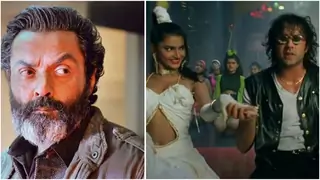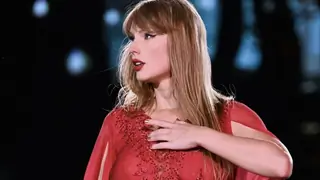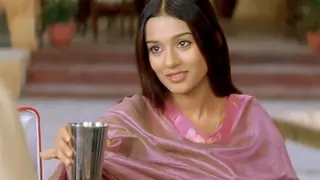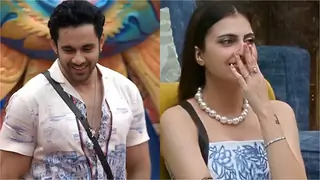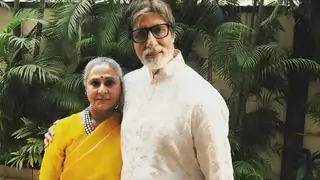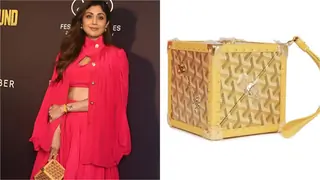Charlotte Bront, Jane Eyre
------------------------------------------------------------------------------------------------------------
"Mirror, mirror, on the wall? Who's the fairest of them all?" I'm not sure what is fueling my fascination with Yuvraj but the mirror scene today compelled me to make another (likely lengthy) post. Yesterday's post on Yuvi seemed to focus much on the "good" in him but the mirror scene made me think of his villainous side.
Mirrors are a symbol of reflection- physical and spiritual. This association has its roots in the distant past. Some of the oldest drawings found on temple walls and papyrus scrolls depict images of Egyptian Neters gazing into hand-held mirrors. Mirror reflect back external surroundings. In other words, they show us the people, places and events that are a part of the life we have created for ourselves. The Egyptian Neters, the Divine Principles of Nature referred to earlier, gaze into their mirrors to "see" what consequences have been created as a result of the events which they have set in motion.
Sitting before the mirror, Yuvraj does exactly so. He berates himself for his actions thus far. He calls himself names ("gaddha" and "loser"). He laughs at himself in cynical manner and insults himself. There was something rather magnetic about this scene. I didn't know how to feel watching it. Zain Imam's voice modulation, his expression along with the music made it a thrilling scene to watch. There was such darkness to it. His realization of the growing closeness of his "maashuka" to another male drew an even more perilous side out. Yuvraj Luthra is not getting what he wants so he will seek revenge from the world now. I have no doubt that things will get more intense from now on. Tom Hiddleston said "Every villian is a hero in his own mind." To Yuvi, he is not doing anything wrong- the mirror scene showed it. He berated himself for failure and resiliently decided to continue in his evil. He was not conflicted nor was he hesitant; he seems to have decided to long erased the line between morality and immorality.
There is no doubt Yuvraj is troubled. Twinkle is his obsession, his junoon and he has a raw desperation to attain her. This desperation surpasses his logic causing him to slip in his facade. The way he has recently been treating Mahi is a manifestation of that. Yet I feel bad for him (NOT justifying his actions). The aftermath of this will leave me destroyed as we know he will not get Twinkle and the one person that cares for him, Mahi, will leave too.
I found the most interesting quote that I think can apply to Yuvraj. It says, "Usually adult males who are unable to make emotional connections with the women they choose to be intimate with are frozen in time, unable to allow themselves to love for fear that the loved one will abandon them. Often in their adult relationships these men act out again and again to test their partner's love. While the rejected adolescent boy imagines that he can no longer receive his mother's love because he is not worthy, as a grown man he may act out in ways that are unworthy and yet demand of the woman in his life that she offer him unconditional love. This testing does not heal the wound of the past, it merely reenacts it, for ultimately the woman will become weary of being tested and end the relationship, thus reenacting the abandonment. This drama confirms for many men that they cannot put their trust in love. They decide that it is better to put their faith in being powerful, in being dominant." Perhaps I'm being too Freudian and giving too much value to Anita's role in Yuvi's life (as we know little about his childhood) but I feel like this pattern described above was seen in his relationship with Twinkle. He has mistreated her yet seems to think it's okay for them to reconcile, that Twinkle is wrong for denying him.
A story is often only as good as its villain as the villain is the one that moves the plot along. Yuvi is a fantastic villain and as much as we hate him, we can't deny that he is vital in Twinkle and Kunj's relationship.
Sarah Maclean said, "No matter how troubled a character's history, romance novels tell us, love can be built upon it, and happily-ever-after can result. What's more, the darker the past, the brighter the future - and the better the read." I think this is the overarching ideology of TV shows that portray the hate-love plot. I wonder if something similar will hold true for Yuvi.
So, this got long. Sorry! It's so disorganized and abrupt and I don't even know if it makes sense but it was just the thoughts I had when I saw the mirror scene. I would love to hear what you all think!
Link to Part 1:




















